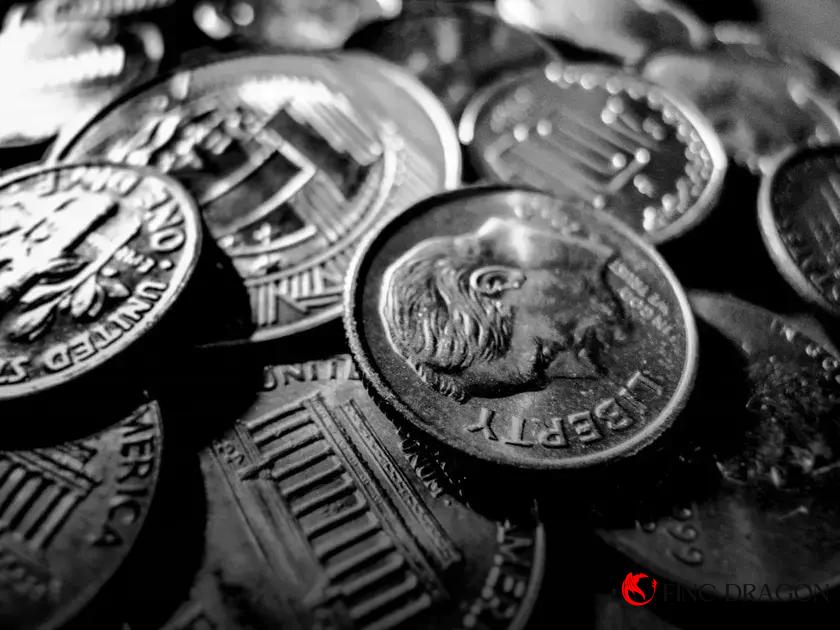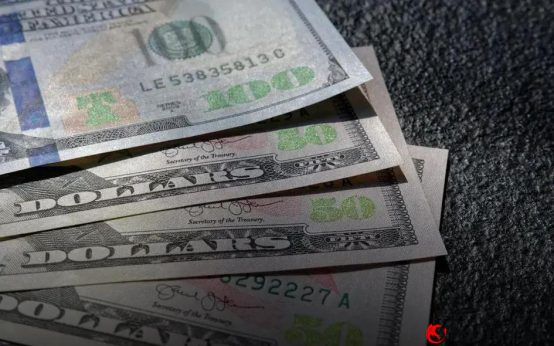Understanding how interest rate hikes impact homebuyers is crucial in today’s housing market. As rates increase, the cost of securing a mortgage also climbs, directly influencing buying power. This article explores the crucial components of rising interest rates, such as determining mortgage costs, affecting home affordability, and the strategies homebuyers should consider during such times. Additionally, we will delve into the long-term implications these rates have on overall homeownership. Stay informed to make sound financial decisions.
The Connection Between Interest Rates and Mortgage Costs
Interest rates have a direct impact on mortgage costs. When rates rise, homebuyers can expect to pay higher monthly mortgage payments. This is because a significant portion of each payment goes toward interest, especially in the initial years of a mortgage. As the interest rate increases, the amount of interest owed grows, affecting the overall affordability of a home.
Understanding how interest rates influence mortgage costs is crucial for homebuyers. For a 30-year fixed-rate mortgage, even a small increase in the interest rate can translate into thousands of dollars over the life of the loan. Higher rates can also reduce the potential loan amount a buyer might qualify for, limiting their options in the housing market.
Mortgage lenders assess borrower risk, and interest rates often reflect broader economic conditions. When the economy is strong, interest rates might rise as a measure to control inflation, affecting those looking to purchase a home. Higher interest rates can mean fewer buyers can afford to enter the market, which can lead to a slowdown in housing demand. This connection between interest rates and mortgage costs highlights the importance of timing in homebuying decisions.
How Rising Rates Affect Home Affordability

The impact of rising interest rates on home affordability can be a significant concern for potential homebuyers. When interest rates increase, it directly affects the buyer’s purchasing power. This is primarily because mortgage payments are calculated based on these rates, and any increase can lead to higher monthly payments.
The Financial Strain
For many, a hike in interest rates means reconsidering the budget or even exploring different housing market segments. Higher rates can result in decreased affordability, making previously attainable homes now out of reach.
Additionally, the cost of borrowing becomes more expensive, which might deter some buyers from entering the market or encourage them to save for a larger down payment to offset the monthly expenses.
Budget Adjustments
A critical strategy for individuals facing high rates is adjusting their budget plans. Buyers might need to compromise on certain home features or consider smaller properties to manage their finances effectively. Such adjustments can help maintain their ability to afford a home purchase, despite the prevailing economic conditions.
Understanding the relationship between interest rate trends and home prices is essential. It equips buyers with the knowledge to make informed decisions, whether it involves postponing a purchase or choosing a fixed-rate mortgage to lock in predictable payments.
By analyzing the economic indicators and consulting financial experts, buyers can devise practical strategies to navigate the challenging landscape of high interest rates, ensuring their dreams of homeownership remain within reach.
Strategies for Homebuyers in a High-Rate Environment
In a high-rate environment, potential homebuyers might feel overwhelmed by the increased mortgage costs. It’s essential to arm yourself with effective strategies to navigate these challenging financial conditions. Researching different mortgage options can uncover loan types that might offer more favorable terms under current rates. Exploring adjustable-rate mortgages (ARMs), for instance, could provide temporary relief with lower initial rates.
Improving your credit score becomes even more crucial in such a scenario. A higher credit score can lead to better mortgage rates, reducing overall borrowing costs. Consider taking steps such as paying down existing debts and ensuring timely bill payments to boost your score.
Saving for a larger down payment can significantly impact your purchasing power and loan terms. By reducing the amount needed to borrow, you can lessen the interest paid over the life of the loan, making homeownership more affordable in a high-rate market.
Locking in rates at the right time is another strategic move. Interest rates can fluctuate, so locking in when they seem favorable protects you against future increases. However, this requires careful monitoring of market trends and economic news to make an informed decision.
Finally, consulting with real estate experts and financial advisors can provide personalized guidance tailored to your financial situation. Their insights can help you craft a homebuying plan that mitigates the impact of rising interest rates, allowing you to proceed with confidence.
Long-Term Implications of Interest Rates on Homeownership

Over time, interest rates significantly shape the landscape of homeownership. The consequences of interest rate fluctuations extend beyond immediate costs, influencing the broader financial outlook of aspiring homeowners. When interest rates are elevating, the cumulative costs of homeownership can increase, leading to more challenging financial planning for families.
For instance, higher interest rates mean larger monthly mortgage payments, which may discourage potential homebuyers or push them into more modest properties. This can alter trends in real estate markets, as these prospective buyers reconsider whether the commitment is viable under tightening financial conditions. In effect, this may reduce the overall demand for homes, impacting housing prices eventually.
Additionally, the long-term financial strategies of individuals can see a shift as mortgage durations adjust to accommodate interest demands. Homeowners might opt for longer-term loans, accepting a lifetime of slightly higher payments, to manage the more immediate economic pressures.
Moreover,
interest rate hikes
could encourage potential buyers to delay their purchase decisions, favoring renting over buying. This holds particularly true for first-time buyers who feel the pressure of initial investment demands heightened by increased borrowing costs. As a result, we may observe changes in demographic trends related to property ownership over extended periods.
Long-term planning becomes crucial for both buyers and current homeowners who wish to refinance or expand their property investments. Understanding these implications provides deeper insights into how interest rates dictate broader economic decisions related to homeownership.





